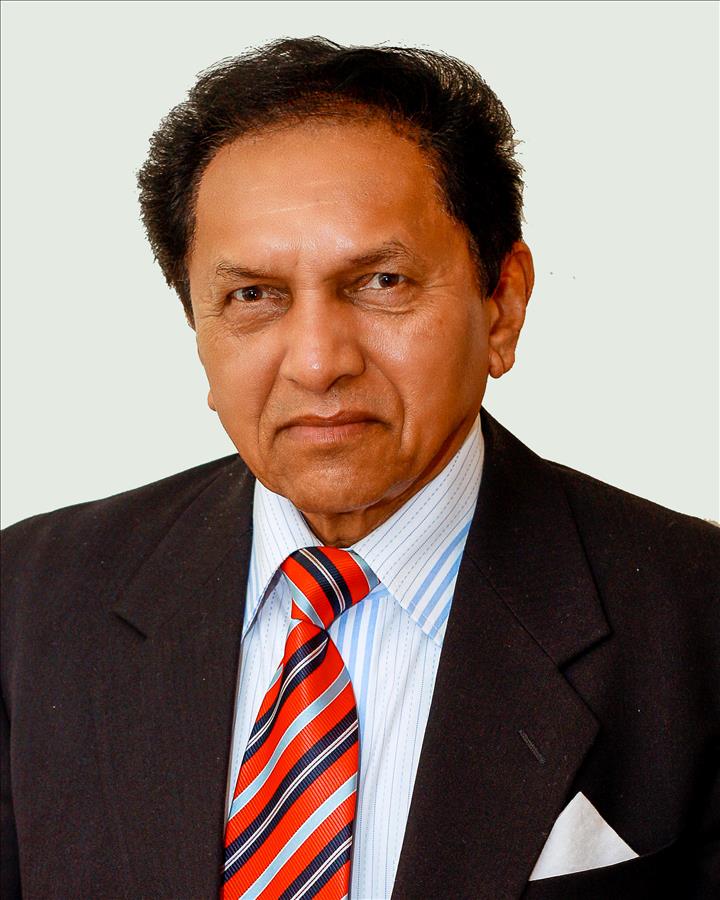 Inability of Fijian and Indian leaders to interact with each other on the platform of national unity opened the doors for ethno-nationalism to sprout and military coups to eventuate. The six coups of different hue from 1987 to 2006 created a new set of political equations under the barrel of the gun.
Inability of Fijian and Indian leaders to interact with each other on the platform of national unity opened the doors for ethno-nationalism to sprout and military coups to eventuate. The six coups of different hue from 1987 to 2006 created a new set of political equations under the barrel of the gun.
Enduring agony
Fijian leadership suffered from the ghosts of colonial trappings. Ratu Sukuna’s caste-like prognosis of the ‘Three-legged stool’ and Ratu Mara’s racist panacea of ‘Three Ps’ were mediocre and uninspiring.
Distorted leadership
Ratu Mara did not go far to rejig the economy to meet the growing aspirations of the increasingly urbanised Fijians. Laisenia Qarase had the business acumen but lacked the political finesse to choose between the conservative minority party that propped his government and the army that anointed him as the Prime Minister.
Here was another Fijian who failed to understand that the power had shifted to military hands. The Fijian mind remained paralysed by its addition to Christianity and the feudal concept of the vanua. For them, democracy was a ‘foreign flower’ and rightly so as in their vocabulary there is no definitive descriptive word for it. The apparent distortion in Fijian leadership is apparent.
As Fiji transitions from a military dictatorship to a more democratic trajectory, from the pitfalls of race-based constitutions to the sanguinity of a ‘one man-one vote’ electoral system, and from a denominationally focussed society to a secular framework, the shape of political construction that may emerge under dramatically altered socio-political conditions is predictable.
Political options
Indians will continue to command a sizeable minority and in the event of splinter Fijian parties vying for governance, they could act as power brokers. They also have the option of being in coalition with Fijian parties and participate in forming the government in spite of its reduced numbers. However, it is more than certain that Indians will be propping the Fijian parties rather than taking the centre stage.
Coups do not erupt in a vacuum. Its germination is fanned by political forces and ethno- nationalistic urges. Since 1987, Fiji’s operative governance was usurped on five occasions. Each such portent incident has contaminated the psyche of the interest groups into buttressing the emergence of an undemocratic coup culture.
The Fijian military, having had a toxic taste of power, will remain politically alive to the opportunities available to be a power broker or an active actor in the chess game of Fiji’s politics and is not likely to be checkmated so soon.
‘Pacific Democracy’
Based on the democratic mantra of separation of powers, the Constitution has not accommodated the politicised role of the armed forces. Therefore, the road ahead is for the army to acquire the apparel of constitutional and political legitimacy in the interim that will arguably allow it to give birth to a new kind of Pacific oriented robust democratic framework.
There is a need for broad consensus on the Constitution, inter alia, providing a definitive political role for the armed forces of being a guarantor of the Constitution. If this process is frustrated by vested interests, the country will once again face the spectre of a roller-coaster ride to flip-flop politics and more coups.
Whatever way the fate of Interim Prime Minister Josaia Voreqe (Frank) Bainimarama regime is finally settled, it will end in either another coup or usurpation of power by a group of Fijian elites shadowed by a section of the Fijian military.
About the Author
Mahendra Sukhdeo was born in Nadi and is a third generation Fiji Indian whose grandparents migrated as contracted labourers from a remote village near the India-Nepal border in early 1900. He has BA Honours and postgraduate degrees in Education and Politics from Delhi and Bombay Universities. He was a cadet reporter at Times of India and upon return to Fiji in 1968, worked at the Suva City Council in various capacities and at the University of South Pacific as Research Fellow and Lecturer (Social Policy and Administration).
His other roles were as General Secretary, National Union of Municipal Workers; founding Vice- President, Fiji Labour Party; Councillor and Deputy Lord Mayor, Suva Council; Secretary, India-Fiji Friendship Society; Member, Fiji Museum Board; Member, Hotel and Catering Wages Council; and President, Suva Society for the Intellectually Handicapped.
Migrating to New Zealand in 1999, he worked in Auckland at Adult Education Centre (Manager) and Sky City Group (Administrator) before relocating to Australia. He is married and has four children.
Email: mahendranz@yahoo.co.nz; Website: aryanavatars.wordpress.com






